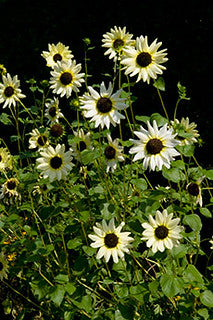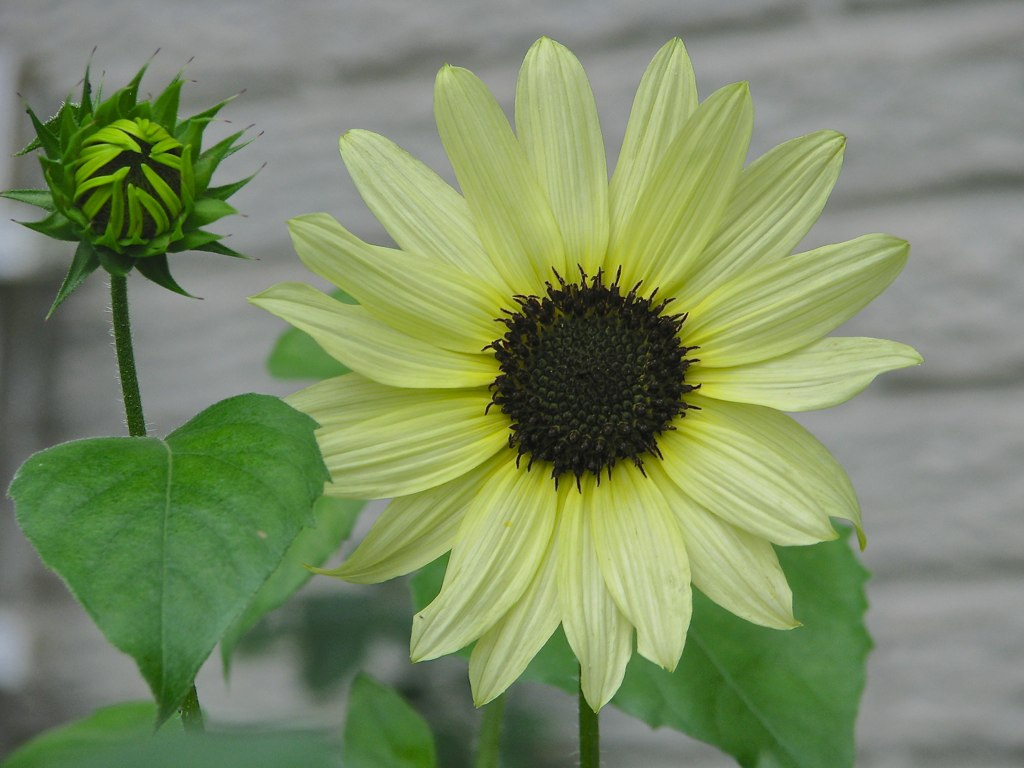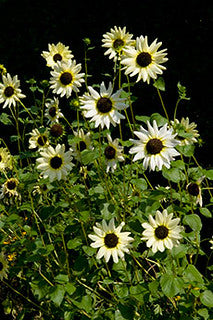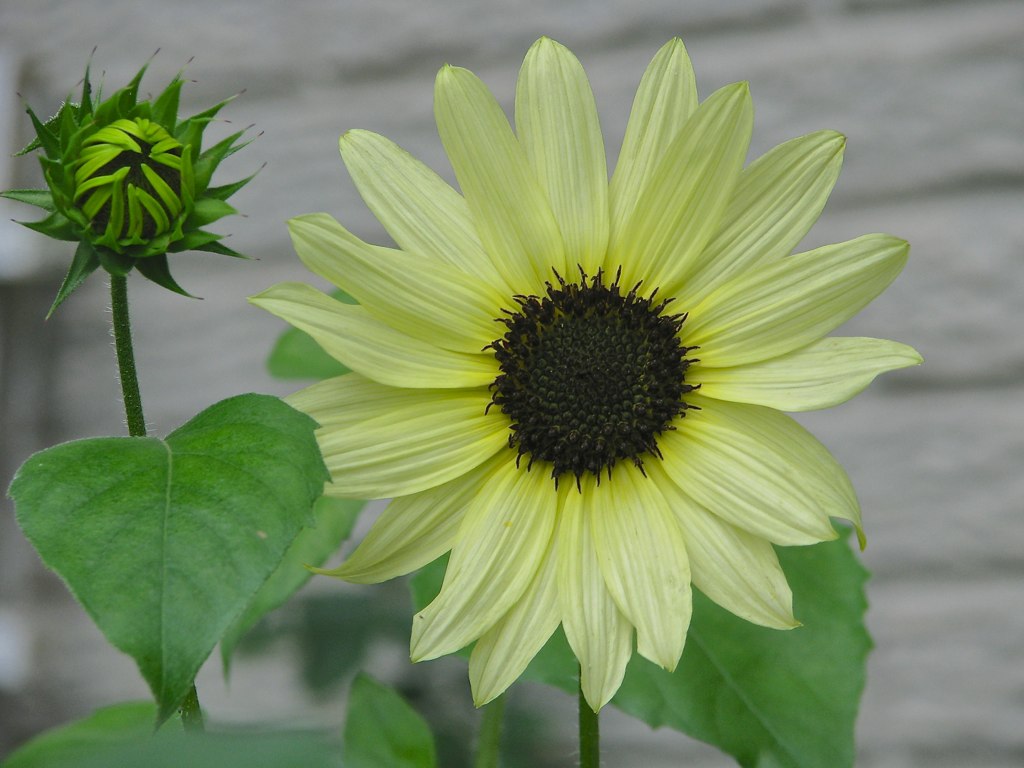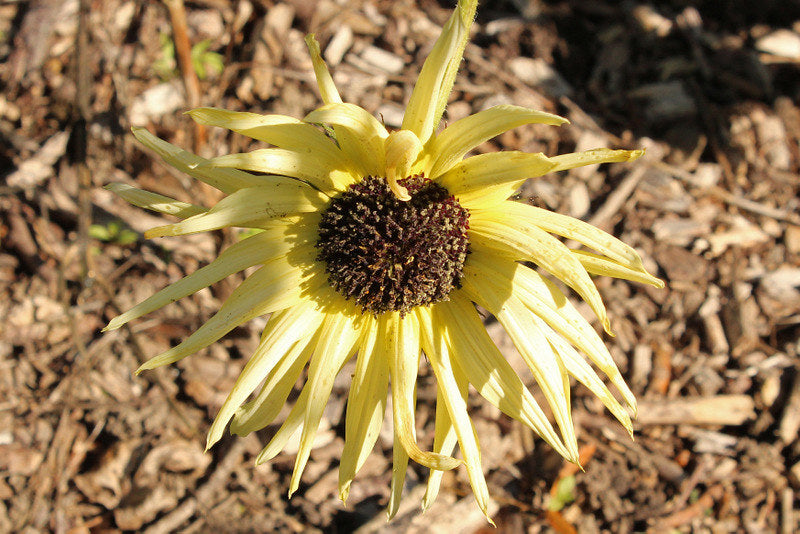Floridaseeds
Sunflower Vanilla Ice Helianthus debilis 200 Seeds USA Company
Sunflower Vanilla Ice Helianthus debilis 200 Seeds USA Company
Couldn't load pickup availability
Sunflower 'Vanilla Ice' stands apart from our other sunflower varieties as it is a cultivated form of Helianthus debilis, a species native to the coastal regions of the Southeastern and Mid-Atlantic states. While it can thrive as a perennial in warmer climates, it also adapts well as an annual in colder regions.
The distinguishing feature of 'Vanilla Ice' is its unique cream-colored blossoms adorned with chocolate-colored centers encircled by radiant golden yellow halos. This sunflower variety is not only suitable for home gardens but also lends itself beautifully to mass plantings.
Beyond its aesthetic appeal, 'Vanilla Ice' serves as a magnet for native bees and butterflies, making it a pollinator-friendly choice. Additionally, its seeds provide nourishment for birds. Notably, these sunflowers are resilient, with drought and salt tolerance, making them excellent stabilizers for sandy soils.
Whether you're looking to enhance your garden's visual appeal or contribute to local wildlife, 'Vanilla Ice' sunflowers offer a versatile and ecologically valuable addition to your landscape.
Helianthus debilis, commonly known as the beach sunflower or dune sunflower, is a native plant species found in the southeastern United States, particularly in coastal areas. Here are some key characteristics and information about Helianthus debilis:
Appearance: Beach sunflowers are herbaceous perennial plants that typically reach a height of 1 to 2 feet (30 to 60 cm). They have lance-shaped leaves and produce bright yellow, daisy-like flowers with prominent dark centers (disc florets). The flowers resemble those of traditional sunflowers but are smaller.
Habitat: As the name suggests, beach sunflowers are often found in coastal environments. They thrive in sandy soils, dunes, and other well-drained, sunny locations. Their ability to tolerate salt spray and thrive in sandy soils makes them well-suited to beachfront areas.
Range: Helianthus debilis is native to the southeastern United States, including states like Florida, Georgia, South Carolina, and parts of Alabama and Mississippi. It's well-adapted to the coastal regions of the Gulf of Mexico and the Atlantic Ocean.
Blooming Season: Beach sunflowers typically bloom in late spring through early fall, producing a profusion of bright yellow flowers that attract pollinators like bees and butterflies.
Ecological Role: These plants play a role in stabilizing coastal dunes and preventing erosion. They are also important as a source of nectar for pollinators and as a food source for birds and other wildlife. Their ability to thrive in sandy and often challenging conditions makes them valuable in coastal restoration efforts.
Cultivation: Beach sunflowers can be cultivated in gardens and landscapes, especially in regions with a similar climate to their native range. They prefer well-drained soil, full sun, and regular watering until established. Once established, they are relatively drought-tolerant and low-maintenance.
Growing Instructions
Prepare the Seeds:
Beach sunflower seeds do not typically require any special treatments, such as scarification or stratification. However, you can soak the seeds in warm water for a few hours before planting to help improve germination rates.
- Choose the Planting Location:
Beach sunflowers thrive in well-draining, sandy soils. Select a sunny location in your garden or a spot that receives at least 6-8 hours of direct sunlight per day.
- Planting:
Plant the seeds directly in the garden or in containers if you prefer to start them indoors before transplanting. The best time to plant beach sunflower seeds is in the spring when the soil has warmed up.
If planting in containers, use a well-draining potting mix and sow the seeds at a depth of about 1/4 to 1/2 inch (6-12 mm).
- Watering:
Keep the soil consistently moist but not waterlogged. Water the newly planted seeds gently to avoid disturbing them.
- Germination:
Beach sunflower seeds typically germinate in 1-2 weeks, but it can vary depending on temperature and soil conditions.
Materials
Materials
Shipping & Returns
Shipping & Returns
Dimensions
Dimensions
Care Instructions
Care Instructions
Share
